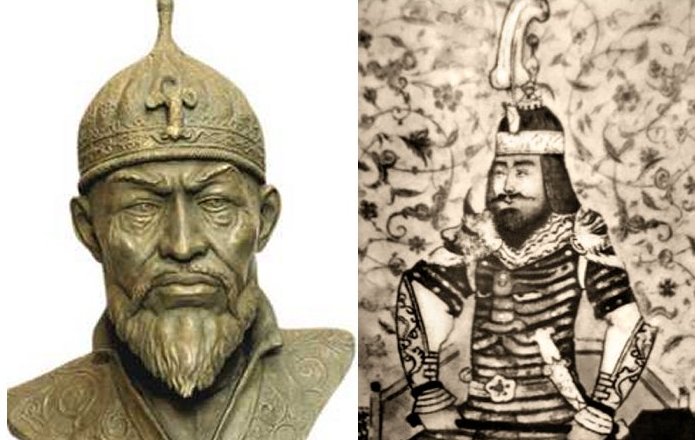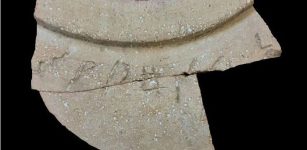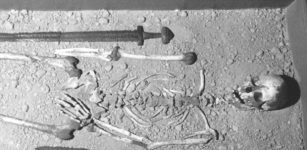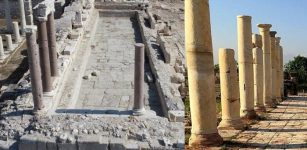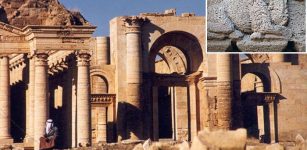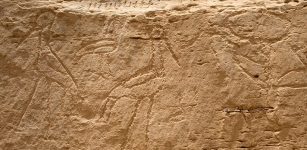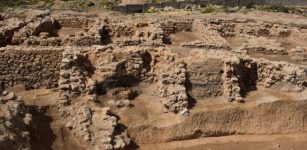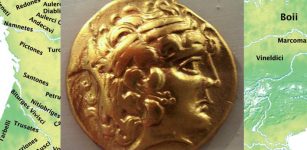On This Day In History: Turco-Mongol Emperor Timur Sacks Damascus – On Mar 24, 1401
AncientPages.com - On March 24, 1401, Turco-Mongol emperor Timur, known as Tamburlaine in English, sacked Syria's ancient and civilized town - Damascus, the second city of the Mameluke Empire.
Left: Timur -Turco-Mongol Conqueror. Source ; Right: A Timurid-era illustration of Timur.
In the early months of 1401, after crushing Aleppo, Syria, Timur - the savage Turkic warlord, a military genius, a tactician, and a ruthless man - moved his army of horse riders through the highway to Damascus. On his way, he first took the cities of Hama, Homs, and Baalbek. Moreover, he ordered his horse riders to plunder Tyre and Sidon.
He waded deep in blood and brains everywhere he went, destroying cities, massacring their populations, building triumphal towers of his victims' severed heads, and carrying off survivors as enslaved people.
In 1398 he invaded India, crossing the Indus on a bridge of boats, reducing Delhi to rubble, and taking away enormous quantities of the loot on which his army's loyalty depended.
The governor held out with some forty men in the citadel of Damascus but surrendered after a month.
Many inhabitants were viciously tortured, bastinadoed, burned, or crushed in presses, and many were enslaved.
Children under five were left to starve when their mothers were carried off. One of those enslaved was the twelve-year-old Ahmad ibn Arabshah, who later wrote a biography of Timur. As was his habit, Timur had all the town's skilled artisans deported to Samarkand to beautify his capital.
Timur went on to take Baghdad by storm, and then he continued his deadly campaign against China in 1404 but fell ill and died early in the following year.
Timur, whose name means "iron" in old Turkic languages, saw himself as Genghis Khan's heir.
Scholars estimate that his military campaigns caused the deaths of 17 million people, amounting to about 5% of the world population.
AncientPages.com
Expand for referencesReferences:
Stier R. Holms B. S. Tamerlane The Ultimate Warrior
Marozzi J. Tamerlane: Sword of Islam, Conqueror of the World

